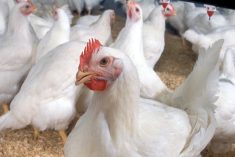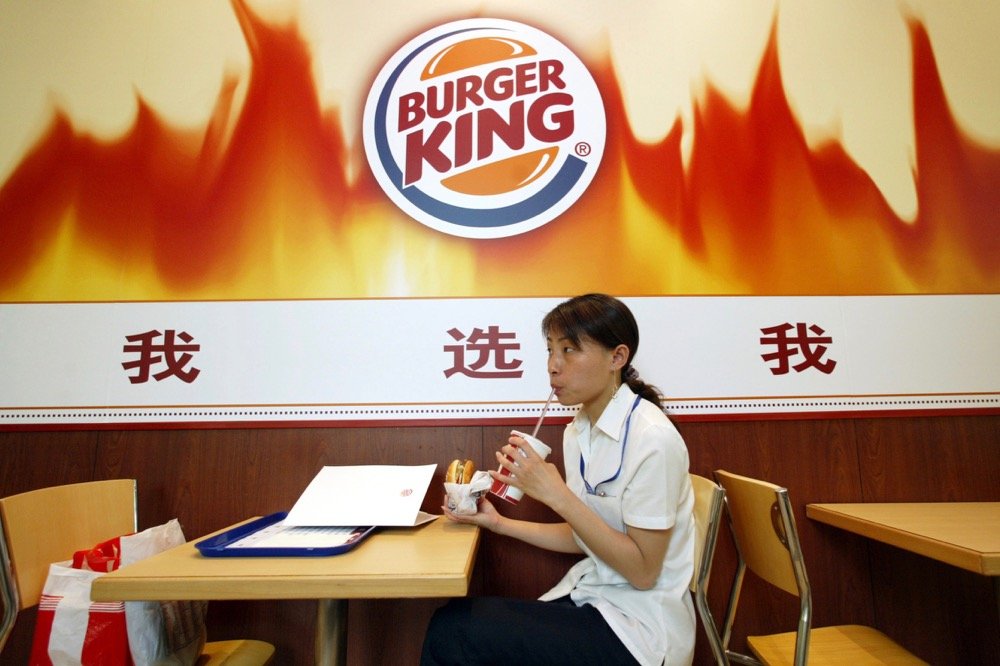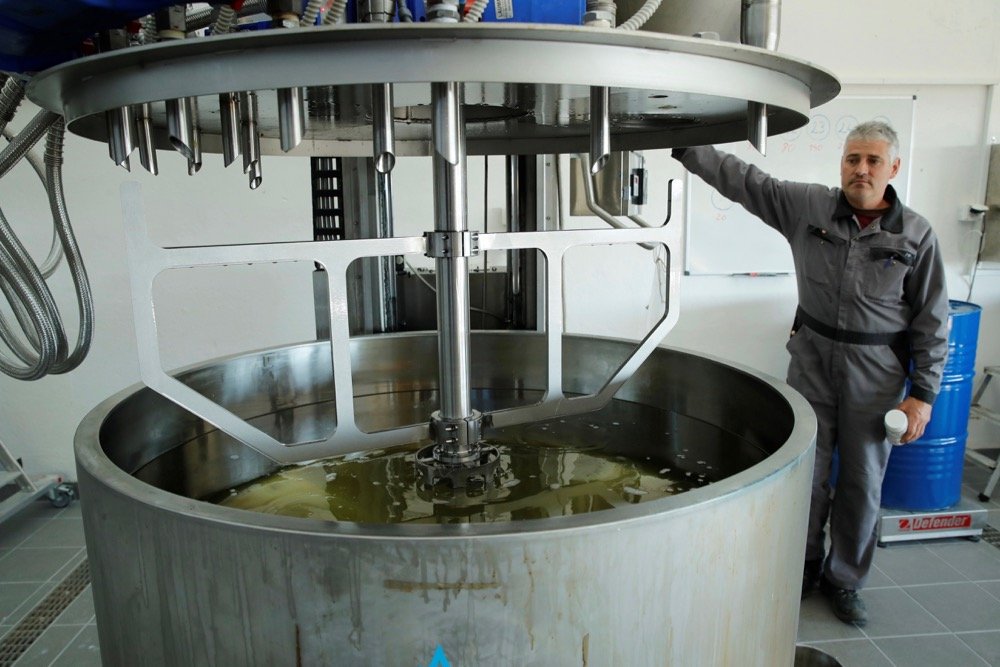The parent of fast-food chains Tim Hortons and Burger King plans to end the use of certain medically important antibiotics in its Canadian chicken supply chain in 2018.
Restaurant Brands International (RBI) in late December announced the new policy on its website, saying it “will work with our supply chain partners to support and implement these changes” in the U.S. this year, and in Canada in 2018.
Specifically, the new policy calls for the chains to “eliminate the use of antibiotics deemed by the World Health Organization (WHO) as ‘critically important’ to human medicine,” to help prevent further spread of antimicrobial-resistant infections.
Read Also

Mexico agriculture secretary says still no date for restarting cattle exports to U.S.
Mexican Agriculture Minister Julio Berdegue said on Wednesday that Mexico and the United States have not yet set a date to resume Mexican cattle exports amid an outbreak of the flesh-eating screwworm parasite.
The Oakville, Ont.-based company said it recognizes antibiotics play an “important and delicate role” in both animal well-being and human health and “are sometimes required to control and treat disease to maintain animal health and welfare.”
RBI said it already requires its suppliers to buy products only from farms that administer antibiotics in a “judicious and responsible manner when treatment is necessary, in keeping with veterinary and regulatory requirements.”
The company also noted it has been collaborating in 2016 with its “working group of suppliers and academics” and also “monitoring the guidance of external experts” such as the WHO and the U.S. Food and Drug Administration (FDA).
“We believe that it is important to reduce the use of antibiotics important for human medicine in order to preserve the effectiveness of antibiotics in both veterinary and human medicine,” RBI said.
RBI has been on the receiving end of pressure from major investors and Oakland-based shareholder advocacy group As You Sow to curb the use of medically important antibiotics in their livestock supply chains.
Noting McDonald’s and other companies have already “taken action” on antibiotics, As You Sow in 2016 put forward a shareholder resolution for RBI to adopt an “enterprise-wide” policy on phasing out use of antibiotics in its meat supply chains for any reasons other than therapeutic use or “non-routine disease control.”
As You Sow in March agreed to withdraw the resolution, after RBI agreed to “make disclosures” on its website in calendar 2016 about its policies on antibiotic use in livestock, covering its beef, pork and poultry supply chains.
The company also agreed those disclosures would include new timelines for curbing use of antibiotics in chicken, in Canada as well as the U.S.
RBI also agreed in March to include As You Sow in its future working-group discussions on antibiotic use.
On its website in late December, RBI also noted its suppliers “are currently required by law to adhere to legislated antibiotic withdrawal times,” thus ensuring “all antibiotics have cleared each animal’s system before it enters the food supply.”
To make the WHO’s “critically important” list, an antimicrobial must be both “the sole, or one of limited available therapies, to treat serious bacterial infections in people,” and used to treat infections in people caused either by bacteria humans can get from non-human sources, or by bacteria that can develop resistance genes from non-human sources.
The WHO in 2016 published a fourth revision to its “critically important” list, recategorizing certain fluoroquinolones, third- and fourth-generation cephalosporins, macrolides and glycopeptides to the “highest priority.”
“Special attention should be paid to carbapenems, lipopeptides and oxazolidinoses that are last-resort antimicrobials for treatment of serious infectious diseases in human that have no veterinary equivalent,” the WHO said at the time.
The latest “critically important” list also includes certain drugs from the penicillins, polymyxins, quinolones, aminoglycosides, ansamycins, glycylcyclines, monobactams and phosphonic acid derivatives, plus certain drugs used only to treat tuberculosis or other mycobacterial diseases. — AGCanada.com Network












